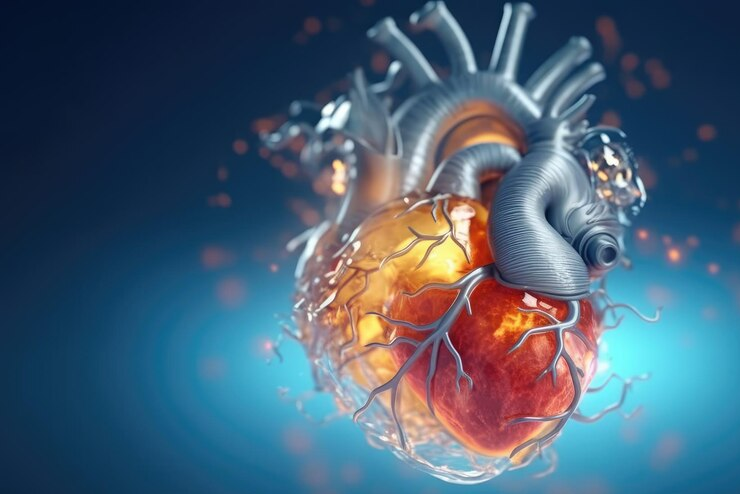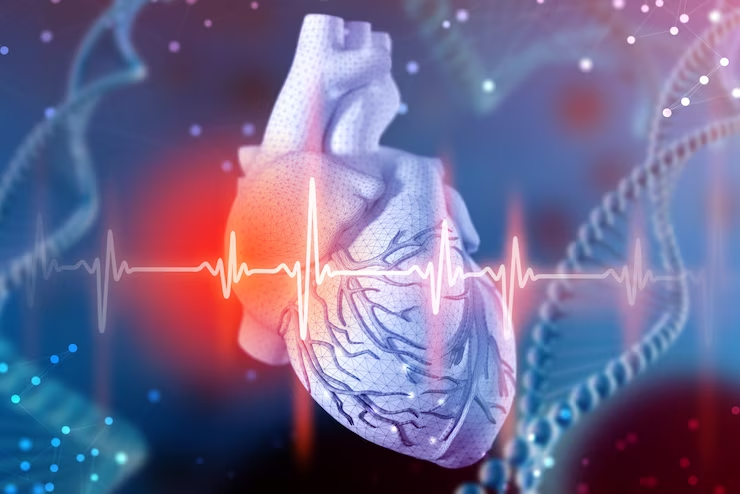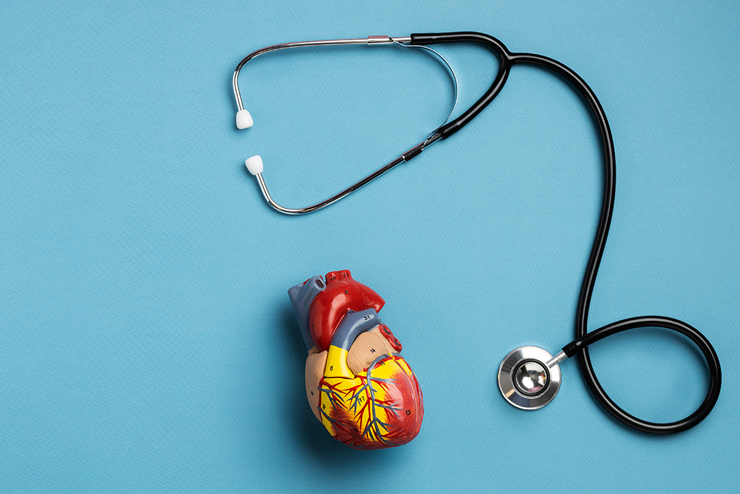


Heart Attack | Heart Failure | Cardiac arrest | Atrial Fibrillation Enlarged Heart | Congenital Heart Disease (CHD) | Arrhythmias Heart Valve Disease | Angina Pectoris | Coronary Artery Disease (CAD) Peripheral Artery Disease (PAD)


Chest pain from a heart attack typically lasts longer than 15 minutes. While some people only have little chest pain, others experience more severe agony. Although some patients have no chest pain or pressure at all, the discomfort is frequently characterised as a pressure or heaviness in the chest. Women frequently experience more nebulous symptoms like nausea or back or jaw pain. At Dr. Mathan’s clinic, any patient who has experienced a mild heart attack or a severe heart attack can get timely and accurate consultation without any assumptions or speculations.
Heart failure (HF) has been reported to have a dropping incidence, although the prevalence of heart failure as a whole is rising, especially as the population ages. Because risk factors for heart failure are becoming more common, myocardial infarction endurance is improving, and heart failure medicines are getting better, the populations afflicted by and at risk for heart failure are growing. Patients at Dr. Mathan's Clinic receive primary care services with quick access to specialised cardiologist advice and treatments as needed.
The most crucial component of medical care is cardiovascular consultation. Patients have the chance to talk about their cardiac issues, present concerns, comprehend dangers and repercussions, and adopt healthy lifestyle practices. Additionally, it aids in a better grasp of surgical techniques, pre- and post-operative preparations, dangers, and problems. In his clinic, Dr. Mathan will review past medical records and do extensive physical examinations and testing to determine the likelihood of acquiring heart disorders.
A form of abnormality that develops in the heart or blood arteries before birth is known as congenital heart disease. While the foetus is growing inside the uterus during pregnancy, the heart's structures or vessels do not develop as they should. Congenital cardiac problems may not be discovered until after birth, during childhood, or even after birth. A deficiency could exist without any symptoms at all. If congenital heart disease symptoms are evident in adulthood, they may include: Dr. Mathan is skilled in identifying these patterns and offering the best treatments to control and lessen the illness.

Temporary discomfort or pain in the chest brought on by a reduction in blood supply to the heart muscle is known as angina pectoris or angina. Although angina is a marker of a higher risk for heart attack, it is not a heart attack. Angina can be either stable (occurs during exercise, lasts five minutes or less, and goes away with rest) or unpredictable (occurs during periods of rest, lasts longer, and symptoms may be more severe). In addition to offering treatments like surgery, medication, vascular stenting, and angioplasty, Dr. Mathan recommends lifestyle adjustments at his clinic.


The term "peripheral artery disease," or "PAD," describes arterial illness that develops away from the brain or heart. As a result of atherosclerosis, or plaque, the capillaries that carry oxygenated blood to the whole body narrow or even become blocked in PAD. The arteries in the legs are most frequently impacted by PAD, although it can also affect the arteries that provide blood to the brain, arms, kidneys, and gastrointestinal (GI) tract. Others get sporadic claudication, or leg pain when walking, which Dr. Mathan is an expert at identifying. Intermittent claudication can range in intensity from mild to incapacitating.Temporary discomfort or pain in the chest brought on by a reduction in blood supply to the heart muscle is known as angina pectoris or angina. Although angina is a marker of a higher risk for heart attack, it is not a heart attack. Angina can be either stable (occurs during exercise, lasts five minutes or less, and goes away with rest) or unpredictable (occurs during periods of rest, lasts longer, and symptoms may be more severe). In addition to offering treatments like surgery, medication, vascular stenting, and angioplasty, Dr. Mathan recommends lifestyle adjustments at his clinic.

Thank you for choosing us for your heart care. We’re honored to have your trust and are dedicated to providing top-notch medical care and support. Your heart health is our priority, and we’re here to help you lead a healthier, happier life.